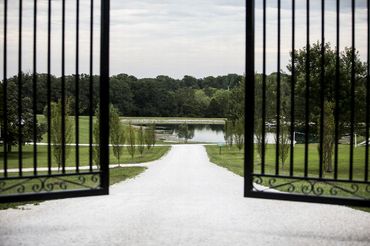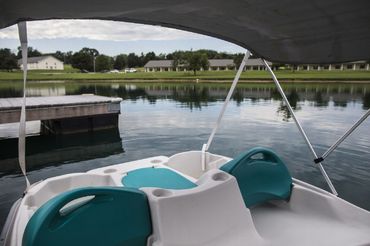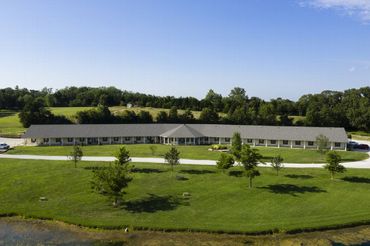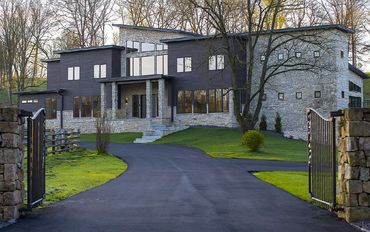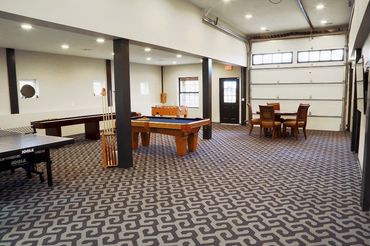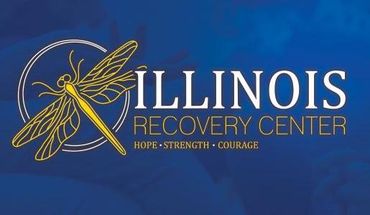
Drug & Alcohol Rehab Centers in Missouri
When it comes to finding addiction treatment in Missouri, it’s crucial to have access to comprehensive information about treatment and payment options. Knowing all there is to know about addiction treatment can help you make informed decisions about your recovery journey. With a variety of treatment centers and programs available throughout the state, it’s important to understand the different types of treatment, therapies, and payment options that may be available to you. This can help you find the right treatment program that meets your unique needs and circumstances, ultimately increasing your chances of achieving lasting recovery.
Treatment Centers in Missouri
Open to Travel? Check out Top-Rated Options
All Treatment Centers in Missouri
Are You Covered For Treatment?
- Kansas City Rehabs
- Saint Louis Rehabs
- Springfield Rehabs
- Saint Charles Rehabs
- Columbia Rehabs
- Cape Girardeau Rehabs
- Poplar Bluff Rehabs
- Saint Joseph Rehabs
- Joplin Rehabs
- Kennett Rehabs
Rehab Insurance Coverage in Missouri
Rehab Centers in Missouri
Information About Rehab in Missouri
Latest Reviews
Latest Reviews of Rehabs in Missouri
Synergy Executive
Stolen crypto isn't always lost forever. After mistakenly sending 2.8 BTC to a fraudulent address, my situation seemed hopeless—until I engaged Decentralized Codex Security (DCS). Their professional, transparent process was a stark contrast to the de
Crittenton Children's Center
I thought while I was in there that they had cared about me as a person. Caring Staff. Boring
First Call Alcohol/Drug Prevention and Recovery
I had a substance abuse evaluation with a very nice lady named Rita Mwangang the assessment counselor and she gave me some fantastic advice some for life and a lot for my health
About Missouri
Missouri, located in the heart of the United States, is home to a diverse population and a rich tapestry of features. With a population of approximately 6.1 million people,1 it encompasses both urban centers and rural landscapes, offering a blend of city life and natural beauty. Missouri boasts a varied geography, featuring the majestic Ozark Mountains in the south, fertile farmlands in the central region, and the iconic Mississippi and Missouri rivers that traverse its borders.
The state’s vibrant culture is influenced by its history and blend of traditions from the Midwest, South, and West. Missouri is known for its love of sports, including baseball, with the St. Louis Cardinals being a beloved team, and its rich musical heritage, particularly in genres like jazz, blues, and country. The state is home to famous landmarks such as the Gateway Arch in St. Louis and the charming riverfront city of Kansas City, which is renowned for its barbeque and jazz scene.
Addiction in Missouri
Addiction is a significant issue in Missouri, with many individuals struggling with substance use disorders. According to the Missouri Department of Mental Health, approximately 778,000 individuals in the state experienced substance use disorders in 2022. Among them, 526,000 individuals struggled with disorders related to alcohol use, 343,000 individuals abused illicit drugs, and 49,000 individuals reported prescription drug misuse.2
In 2021, a year prior, 2,155 drug overdose fatalities were recorded in Missouri. This means that approximately 37 people died from a fatal drug overdose per every 100,000 residents.3
Addiction Treatment in Missouri
Individuals seeking addiction treatment in Missouri have access to a range of treatment options to address their specific needs. These options include detoxification (detox), inpatient treatment, and outpatient treatment.
- Detox: Detox is often the first step in addiction treatment, where individuals undergo a supervised process to safely rid their bodies of drugs or alcohol. Medical professionals provide support to manage withdrawal symptoms and ensure the individual’s well-being during this critical phase.
- Inpatient Treatment: Inpatient Treatment: Inpatient or residential treatment involves individuals residing at a specialized facility for a designated period. It offers round-the-clock care, providing a structured environment for focused recovery. Inpatient programs typically include therapy, counseling, group support, and other evidence-based treatments. These programs are well-suited for individuals requiring a higher level of care or those with severe addiction.
- Outpatient Treatment: Outpatient Treatment: Outpatient treatment allows individuals to live at home while attending therapy sessions at scheduled times. It offers flexibility for individuals who need treatment but have work, family, or educational commitments. Outpatient programs can vary in intensity, ranging from regular counseling sessions to intensive programs that involve several hours of treatment each week.
Different therapies and specialized treatment programs are often available within these levels of care. These may include cognitive-behavioral therapy (CBT), dialectical behavior therapy (DBT), trauma-informed care, family therapy, and holistic approaches. These varied therapies cater to individuals with different needs and help address the underlying causes of addiction.
For those seeking additional amenities and a more luxurious treatment experience, there are options for luxury rehabs in Missouri. Luxury rehabs provide upscale accommodations, personalized care, and additional services such as spa treatments, gourmet meals, and recreational activities, creating a comfortable environment for recovery.
Private rehabs are another option for individuals who prefer treatment without relying on insurance coverage. These facilities typically offer various payment options and can provide a high level of care tailored to the individual’s needs.
To find local rehab options in Missouri, individuals can use our online search tool, which helps locate nearby drug and alcohol rehabs. This tool assists in identifying nearby facilities that offer the desired level of care and specialized treatment programs.
How Much Does Rehab Cost?
Insurance coverage for addiction treatment is an important consideration for individuals seeking help. In most cases, insurance plans provide coverage for addiction treatment, although the extent of coverage may vary depending on the specific insurance provider and plan. Therefore, it is advisable to contact the insurance provider directly to understand the details of the coverage.
For those who are uninsured, there is still the option of seeking treatment at a state-funded treatment center. State-funded treatment centers are facilities that receive funding from government resources to provide affordable or free addiction treatment services to individuals who meet certain eligibility criteria. These centers aim to ensure that individuals in need of treatment can access the necessary services, regardless of their insurance status or financial means.
In-Network Insurance Options
Length of Stay in Rehab
When it comes to addiction treatment, individuals have the flexibility to choose the duration of their stay, depending on their unique needs and circumstances. The most common durations for treatment programs include 30 days, 60 days, and 90 days.
In addition to these durations, there is the option of long-term rehab. Long-term rehab programs typically last between 6 months to 2 years, depending on the individual’s treatment needs and the specific facility or program they are enrolled in. Long-term rehab offers a more comprehensive and immersive approach to recovery, allowing individuals to delve deeply into their addiction, address underlying issues, and develop sustainable skills for long-lasting sobriety.
Recovery Starts Today
Each individual’s path to recovery is unique, and it is crucial to seek out treatment programs and approaches that align with your specific needs, circumstances, and personal goals. By finding the right addiction treatment, you maximize your chances of long-term success and sustainable recovery. Remember, seeking professional guidance, understanding your options, and actively participating in your treatment journey empower you to take control of your life and pave the way towards a healthier and more fulfilling future.
Sources:
- United States Census Bureau. QuickFacts-Missouri. July 1, 2022.
- Missouri Department of Mental Health. Status Report on Missouri’s Substance Use and Mental Health.
- Centers for Disease Control and Prevention. Drug Overdose Mortality by State. 2021.
